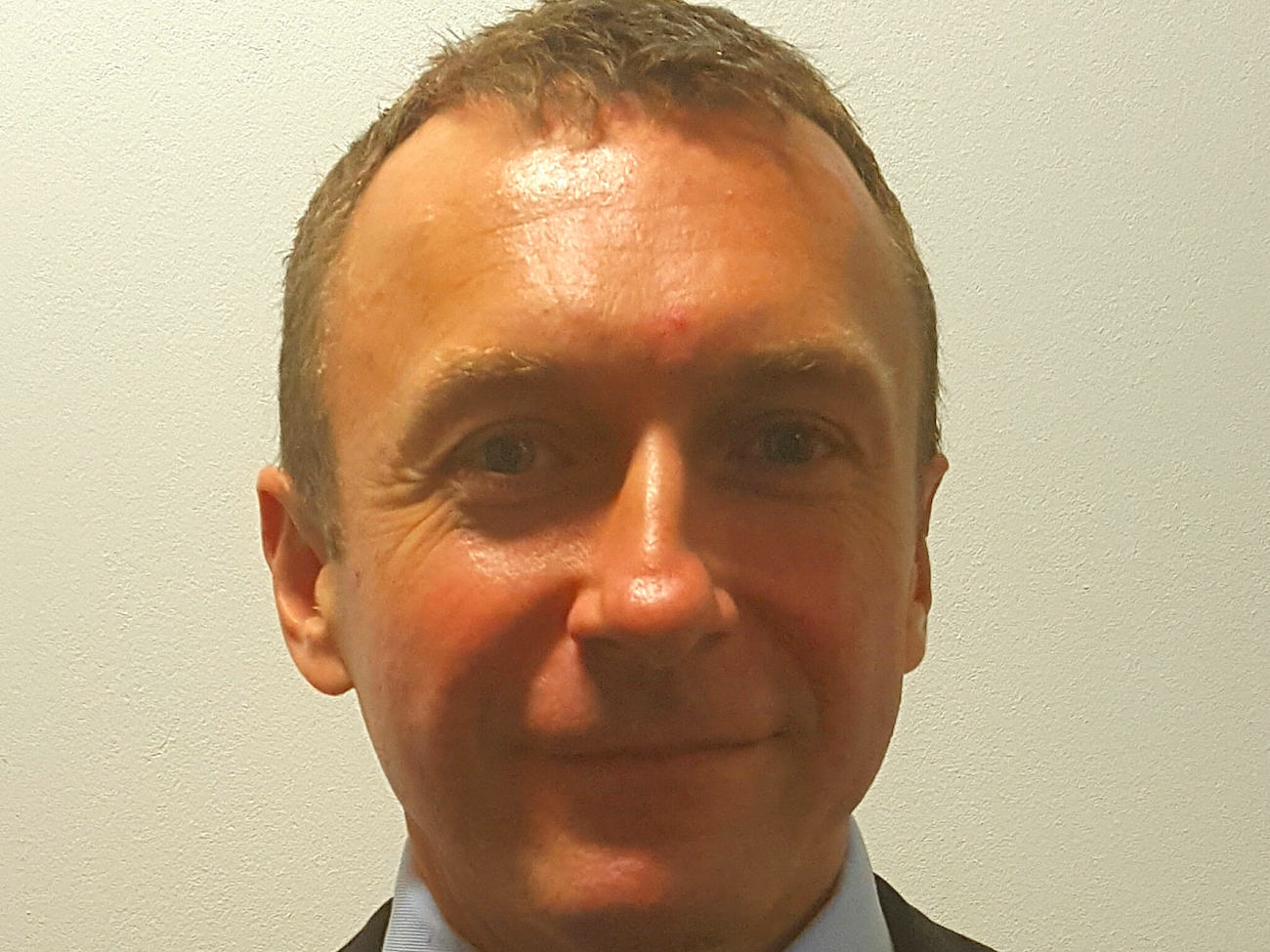Regulators are focusing their overhaul of financial markets in the wrong place and should be cracking down on the “wild, wild, West” FX market, according to a former hedge fund manager and derivatives trader.
Darren Jordan, who has been in finance for 26 years and was formerly a derivatives trader for some of the world’s largest banks, told Business Insider that the FX market is still full of aggressive mis-selling.
Despite the raft of banking scandals involving this market, regulators are not doing enough to stop it.
“There is a lure for young people to come to the City and into finance and make a quick buck. But there’s a lot of aggressive selling going on and especially in the FX markets, which has always been a bit of a wild, wild, west market,” said Darren Jordan, who is now a relationship director at Vedanta Hedging.
“There is not one centralised hub to trade it and not a single place where trades can be monitored and regulated like a stock being traded on an exchange. In FX, it’s all over-the-counter,” he said.
When BI asked Jordan whether he thinks the regulators are doing enough to make the market more transparent and more tightly regulated, he said: "It's a pie in the sky idea."
FX markets, which has always been a bit of a wild, wild, west market
"I have a friend that works in Singapore in the derivatives settlement area and when you mention 'Dodd-Frank,' he gives a look of terror. The US is implementing these rules, killing the derivatives market," he said.
"Ultimately it's making big banks not want to get involved anymore but yet regulators are not looking at the FX side of it. Those products, like fixed income, are centralised and coming under immense pressure," Jordan added.
TheDodd-Frank Actwas implemented in the US in response to the financial crisis to make banks safer. It involves stress-testing and so lenders have shyed away from trades or assets deemed as risky or too volatile, like derivatives, in order to pass these tests.
"Regulators are looking at the wrong area and it's a depressing state of affairs. FX is off on its own and I guess just too big, too powerful [to regulate]. The volumes that go through daily, even though it is a bit lower than last year, is still mind-blowingly huge. And if you want to make a lot of money, all you need to do is grab a little bit of market share as the market is so large," added Jordan to BI.
Crazy FX market movements

The FX market trades $5.1 trillion (£3.8 trillion) a yearand most of this is done over-the-counter.
OTC is when a trade happens away from a formal and transparent platform like an exchange. The FX market itself is not regulated, but individuals involved in it have to be authorised by a regulator. It is for this reason that Jordan points out that FX markets are extremely volatile and major movements can happen.
"You just have to look at several big events to see how differently the FX market operates. The Bank of Japan now owns a third of Japanese government debt. You can see how distorted the market is," said Jordan to BI.
"Also remember when the Swiss National Bank (SNB) tells the market that there is a floor for the Swiss franc and then suddenly pulls it away? - it destroyed the central bank's credibility as well as massively moving prices. It's rare for something like a stock to move like that."
Meanwhile, the FX market has been fraught with fixing scandals. A number of other banks around the world, including UBS, Citi, and RBS, have all been fined for FX market manipulation. Essentially traders were found to be colluding to fix prices for personal gain.
Most recently Christopher Ashton, former global head of the FX spot-trading business at Barclays was fined in August $1.2 million for his role in the FX fixing syndicate nicknamed "The Cartel."
Other FX veterans have also voiced their concerns for lack of FX market regulation. David Mercer, CEO ofLMAX Exchange, which trades $10 billion (£7.5 billion) in currency a day, told BI that global regulators are "hearing but not listening" to the currency market's calls about how to put a stop to foreign exchange manipulation.

